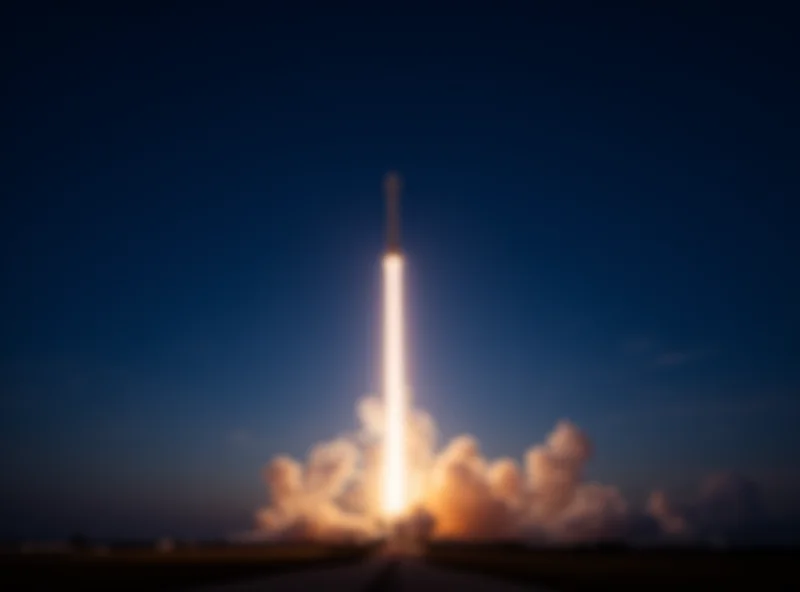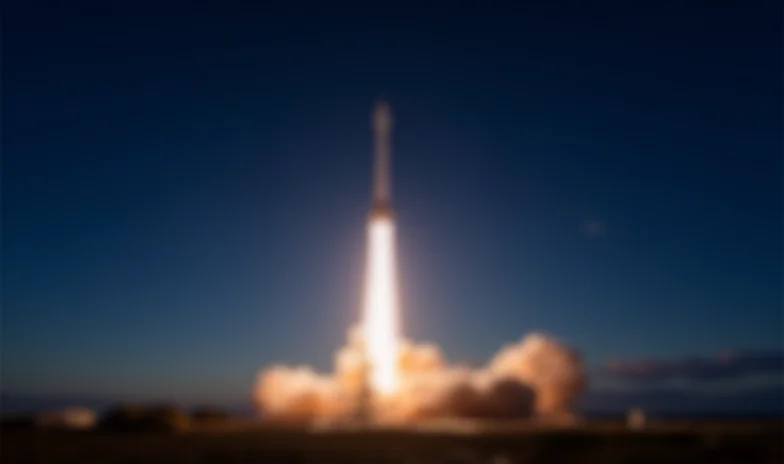SpaceX has been busy, experiencing both triumphs and tribulations in its ambitious space endeavors. While the company celebrated the successful launch of the SpainSat NG-1 satellite, it also faced another setback with its Starship program.
SpainSat NG-1 Successfully Deployed
SpaceX's Falcon 9 rocket successfully launched the SpainSat NG-1, a next-generation communications satellite. Developed by Hisdesat in collaboration with the European Space Agency (ESA), the satellite is designed to enhance secure governmental communications across Europe. The launch took place from NASA’s Kennedy Space Center, marking a significant achievement for international collaboration in space technology.

This mission is particularly important for Europe, bolstering its secure communication infrastructure. "The deployment of SpainSat NG-1 represents a major step forward in ensuring reliable and secure communications for governmental purposes across the continent," stated a representative from ESA.
Starship's Troubles Continue
However, the news wasn't all positive for SpaceX. The Starship, the company's ambitious mega-rocket, experienced another test flight failure. During its eighth flight, the Super Heavy first stage successfully returned to the platform for the third time in four attempts, a notable achievement. But the second stage encountered problems and disintegrated over the Atlantic Ocean shortly after liftoff.

Adding to the disappointment, SpaceX later announced the loss of contact with the second stage. "This unfortunately already happened last time," SpaceX reported, referencing a similar incident during a previous attempt. This latest setback marks the second consecutive failure for Elon Musk's Mars rocket program, as the Starship subsequently exploded in space, raining debris over the Caribbean.
What's Next for SpaceX?
These mixed results highlight the challenges inherent in space exploration and the development of cutting-edge technology. While the SpainSat NG-1 launch demonstrates SpaceX's capabilities in delivering crucial infrastructure to orbit, the Starship failures underscore the need for continued testing and refinement. Despite these setbacks, SpaceX remains committed to its long-term goals, including establishing a presence on Mars. The company is expected to analyze the data from the latest Starship flight to identify the cause of the failure and implement necessary improvements for future tests.

"Failure is an option here. If things are not failing, you are not innovating enough," - Elon Musk.
The space community will be watching closely as SpaceX continues its journey, learning from each success and failure along the way.
